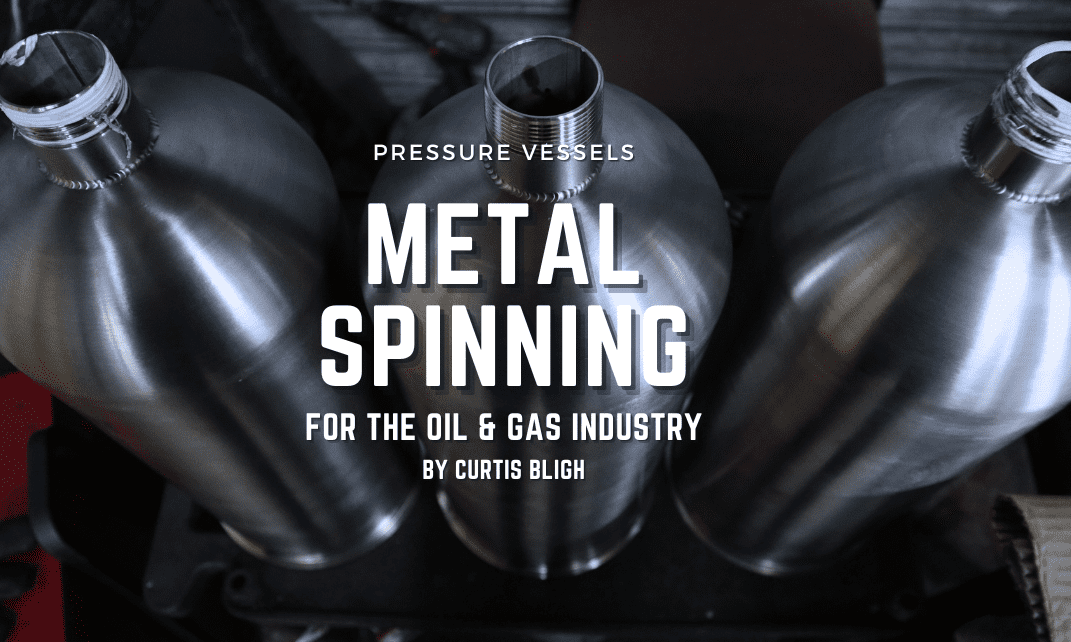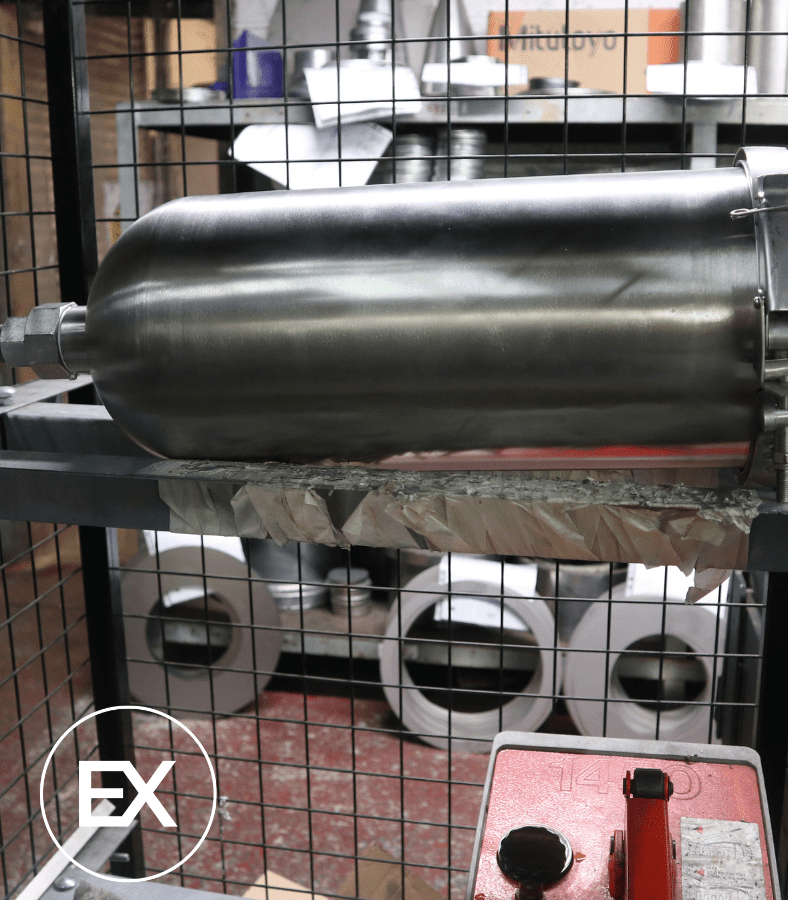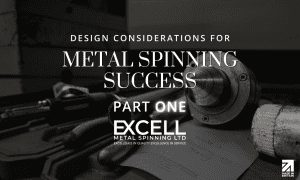Metal Spinning Pressure Vessels for the Oil & Gas Industry

Curtis Bligh
- 4 Min Read
Metal Spinning Pressure Vessels for the Oil & Gas Industry: An Overview
Metal spinning pressure vessels are a critical component of the oil and gas industry, used to store and transport various gases and liquids at high pressures and temperatures. Metal spinning is a cost-effective and efficient forming technique that is widely used to manufacture these vessels. In this blog post, we will provide an overview of metal spinning pressure vessels and their importance in the oil and gas industry. We will discuss the manufacturing process of metal spinning, material selection, design considerations, applications in the oil and gas industry, prototype development, and the importance of adhering to safety standards and regulations.
Metal Spinning: A Cost-Effective and Efficient Forming Technique
Metal spinning is a highly efficient and cost-effective forming technique often used to produce oil and gas pressure vessels.
The metal spinning process involves a flat metal disk rotated at high speed on a lathe. Pressure is then applied with a tool to form it over a chuck. The material undergoes controlled deformation to create specific designs. Read more about the craft here.
Metal Spinning can produce various shapes in different thicknesses, making it ideal for pressure vessel production. Different metals, such as stainless steel, aluminum, and copper, can be used depending on the application’s specific requirements.
The metal spinning process involves several stages, including blanking, cutting / trimming, and forming. Blanking refers to cutting the metal disk to the desired size and shape. Cutting and trimming follow, where the disk is trimmed and cut into a circular shape. Finally, the forming stage involves shaping the metal into the desired form using a tool.
Metal spinning has several advantages over other manufacturing techniques such as welding or stamping. One of the primary benefits is that it requires fewer materials, reducing costs and minimizing waste. It also produces stronger, more durable components better suited for the harsh conditions of the oil and gas industry. You can read more about how Metal Spinning improves durability in oil and gas components here.
Another advantage of metal spinning for pressure vessels is its efficiency in terms of time and cost. This technique requires less material and labor compared to other forming techniques, which results in lower costs and faster production times.
Metal Spinning, in summary, is an ideal forming technique for creating pressure vessels used in the oil and gas industry due to its strength, durability, customization capabilities, and cost-effectiveness.
Material Properties for Metal Spinning Pressure Vessels
Metal spinning is a highly versatile process that allows for the creation of complex shapes and designs using various materials. When it comes to pressure vessel manufacturing, material selection is a crucial factor that can impact safety, durability, and performance.
In order to withstand high pressures and temperatures, pressure vessels must be made from materials with specific properties. This includes high strength, toughness, and corrosion resistance. Commonly used materials in the oil and gas industry for spinning pressure vessels include stainless steel, titanium, and nickel alloys.
Stainless steel is a popular choice due to its high corrosion resistance and strength, making it suitable for a wide range of applications in the oil and gas industry. Titanium is another material commonly used for its excellent strength-to-weight ratio, resistance to corrosion, and ability to withstand high temperatures. Nickel alloys, on the other hand, are chosen for their exceptional resistance to high-pressure and high-temperature environments.
But what are the benefits of metal spinning pressure vessels and how they can be tailored to meet specific needs in the oil and gas industry?

Advantages of Metal Spinning Pressure Vessels
Metal spinning pressure vessels offer several advantages over traditional manufacturing methods. One of the most significant benefits is improved durability in oil and gas components. With the metal spinning process, pressure vessels can be made with a single piece of material, which eliminates the need for welds or seams that can weaken the structure. This makes them less prone to failure and ensures a longer lifespan for the component.
Another advantage of metal spinning pressure vessels is the ability to achieve precision in their design and manufacture. The metal spinning process allows for the creation of complex shapes and geometries with high accuracy and consistency. Thus ensuring that the pressure vessel meets the necessary specifications and requirements for its intended use. This precision results in a reduction in material waste, as the metal is used more efficiently to create desired shapes.
In addition to their durability and precision, metal spinning pressure vessels are also highly versatile. They can be customized to meet specific requirements and can be made from a variety of materials. This includes stainless steel, titanium, and nickel alloys, depending on the needs of the application. This versatility ensures that the pressure vessel is suitable for a range of oil and gas applications, from exploration to production.
Overall, the benefits of metal spinning pressure vessels make them an ideal choice for the oil and gas industry. Their durability, precision, and versatility ensure that they can meet the demands of this demanding industry and offer a reliable and long-lasting solution for pressure vessel applications.
Customising Metal Spinning Pressure Vessels for Oil and Gas
While metal spinning pressure vessels offer several advantages for the oil and gas industry, customization is often necessary to meet specific project requirements. Fortunately, metal spinning is a highly versatile process that can be customized to fit a wide range of needs.
One way to customize metal spinning pressure vessels is through material selection. Depending on the specific application, different materials may be required to ensure optimal performance. For example, a pressure vessel used for high-temperature applications may require a different material than one used for cryogenic applications.
Another way to customize metal spinning pressure vessels is through the use of coatings and finishes. Coatings can improve corrosion resistance, enhance durability, and provide a non-stick surface for easier cleaning. Finishes, on the other hand, can improve aesthetics and provide additional protection against corrosion.
In addition to material selection and coatings/finishes, metal spinning pressure vessels can also be customized through the use of various design features. These include the shape of the vessel, the number and location of ports and fittings, and the inclusion of additional components such as sight glasses and level indicators.
Summary of Metal Spinning Pressure Vessels for the Oil and Gas Industry
In conclusion, metal spinning is an essential process for the manufacture of pressure vessels used in the oil and gas industry. It enables the creation of strong and durable vessels that can withstand the harsh conditions of oil and gas operations. The ability to customize the shape and size of the vessels is a significant advantage of metal spinning because It allows for the creation of vessels that are tailored to specific operational needs.
Material selection is a critical aspect of pressure vessel manufacturing. With properties such as strength, toughness, and corrosion resistance being essential for the safe and effective operation of the vessels. Materials commonly used in the oil and gas industry, such as stainless steel and titanium, offer high performance and reliability.
Achieving precision with metal spinning is also important, as it ensures the consistency and quality of the vessels. Skilled artisans play a significant role in this process, utilizing their experience and expertise to create vessels meeting exact specifications.
Furthermore, the sustainability of metal spinning is a crucial consideration in today’s world. Using recycled materials and minimizing waste can help reduce the environmental impact of metal spinning.
Metal spinning pressure vessels are a reliable and cost-effective solution for the oil and gas industry. With the ability to customize vessels to specific operational needs, achieve precision, and select materials based on key properties, metal spinning is an essential process that will continue to play a vital role in the industry’s success.
Do you require a Metal Spinner for your Pressure Vessel needs? Fill out our Quotation Form and one of our team will be in touch!
Related Articles

Boosting British Manufacturing: A £360 Million Investment
Boosting British Manufacturing: A £360 Million Investment Facebook Twitter LinkedIn WhatsApp Email It’s been declared ahead of the Budget that Chancellor Jeremy Hunt will announce

Design Considerations for Metal Spinning Success: Part One
There are many design considerations businesses should considers to get the most out of their metal spinning supply. Read Part One here

The Importance of Innovation in UK Manufacturing
Manufacturing plays a pivotal role within the UK, shaping society and innovating like no other. It is the most productive sector in the UK

